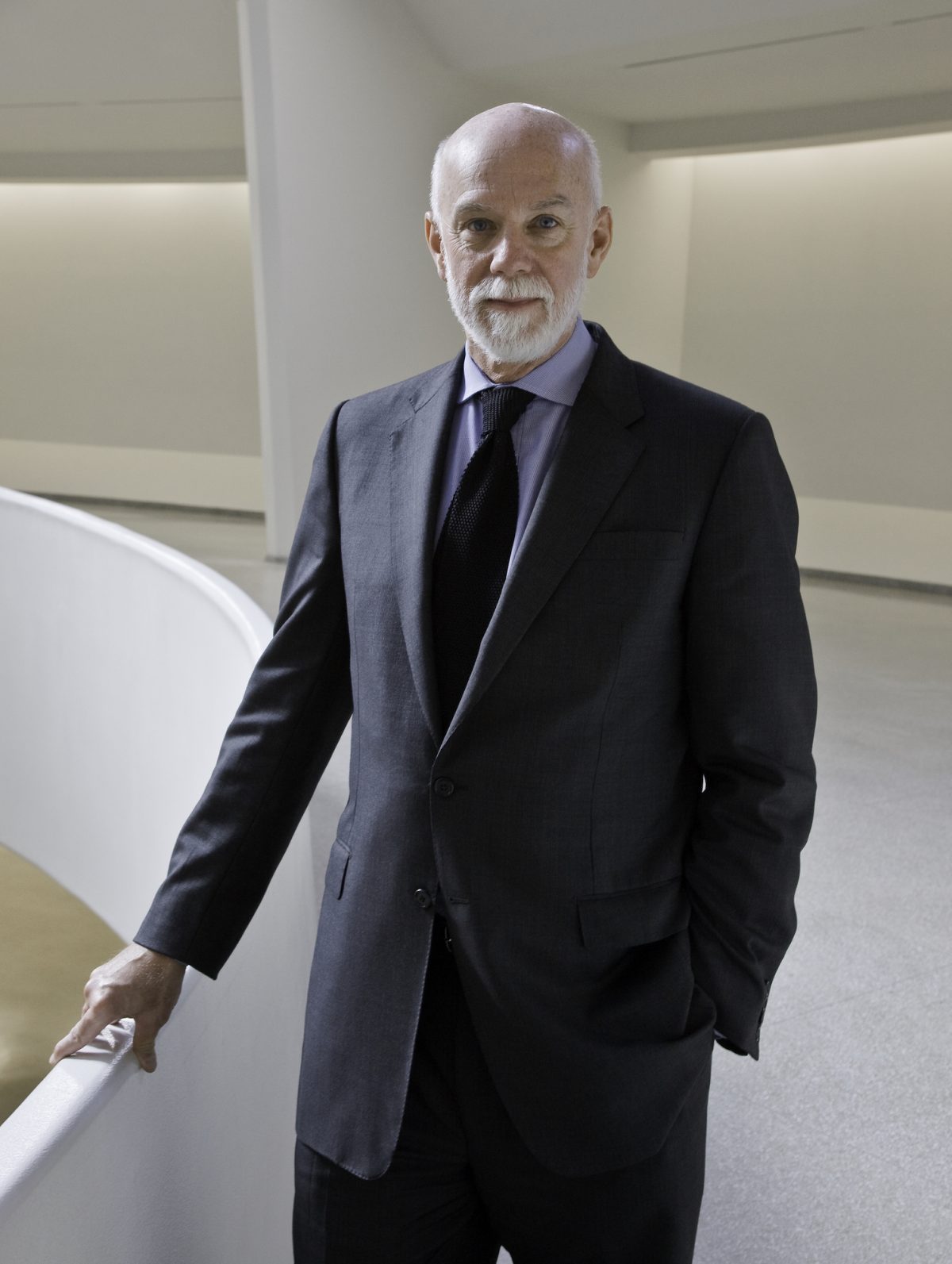

Richard Armstrong, the sixth director of the Guggenheim Museum in New York, indicated in an interview in the Financial Times today that he will be leaving his post come spring next year. During his 14-year directorship, Armstrong presided over sea changes at the Guggenheim that were of one piece with broader, shifting attitudes on labor, representation, and philanthropic ties in the art world, including refusing future gifts from members of the Sackler family and the unionization of staff in 2019. But in recent years, Armstrong has come under fire for his management style, which some have tied to larger issues of gender and race equity at the museum.
In 2008, Armstrong succeeded Thomas Krens, who had been at the helm for an even longer stretch of 20 years. Armstrong’s appointment signaled a change in direction for the museum, which under Krens’s leadership had transformed into a global brand with newly erected outposts in Bilbao, Spain; Berlin, Germany; and two locations in Las Vegas that closed soon after opening. In contrast to Krens’s reputation as a businessman keen on growing the endowment (which more than quintupled during his tenure) and transforming the Guggenheim into a luxury brand, Armstrong entered the role as an alum of the Whitney’s Independent Study Program, a former studio assistant to Abstract Expressionist artist Al Held and sculptor Nancy Graves, and a curator at the Whitney and later the Carnegie Museum of Art in Pittsburgh. Soon after he was appointed director, he told the Wall Street Journal that his goal was to “to expand on the original optimism and taste for the utopian that guided the museum in its beginnings.”
And indeed, the exhibitions that the Guggenheim put on under Armstrong could be interpreted as a return to the museum’s roots as a champion of modernist and avant-garde artists, including the first major United States show of the work of Swedish artist Hilma af Klint (the Guggenheim’s most visited exhibition to date); a showcase of the work of the German art movement Zero; and retrospectives for László Moholy-Nagy, Agnes Martin, On Kawara, and Alberto Burri. For many critics, it was a welcome change from shows like The Art of the Motorcycle and a Giorgio Armani retrospective that characterized Krens’s reign.
But Armstrong was at times hampered by the ambitions of his predecessor. In 2006, Krens initiated plans to build the largest Guggenheim to date in Abu Dhabi. That construction project, besieged by several delays, still remains under construction 16 years after it was first announced. (It is slated to finally be complete in 2025.) It was also the subject of several protests organized by the Gulf Labor artist coalition in New York and at the Guggenheim’s European locations, which decried poor working conditions in Abu Dhabi.
Armstrong faced criticism in 2020 from current and former staff organizing under the name “A Better Guggenheim” for “nurturing a culture of unchecked racism, sexism, and classism across all departments, levels, and locations.” Among the many complaints listed were that he had displayed a condescending attitude toward Chaédria LaBouvier — a Black curator who organized a 2019 Guggenheim show on Jean-Michel Basquiat and later called that experience “the most racist professional experience of my life” — and his propensity for making “culturally incompetent comments.”
Armstrong also raised eyebrows when IRS filings at the end of 2021 showed that he had made a record $1.5 million in total compensation, even as 11% of the Guggenheim’s staff was furloughed due to COVID-19.
Without directly addressing these allegations, Armstrong acknowledged some of the Guggenheim’s historical shortcomings on matters of diversity in the Financial Times interview. “The museum presented itself previously as a global institution, but it had a very myopic view of the globe,” he said.
In a statement shared with Hyperallergic, the museum noted that Armstrong will continue to lead long-term and daily operations until his departure and work with the board to identify and transition to new leadership.
0 Commentaires